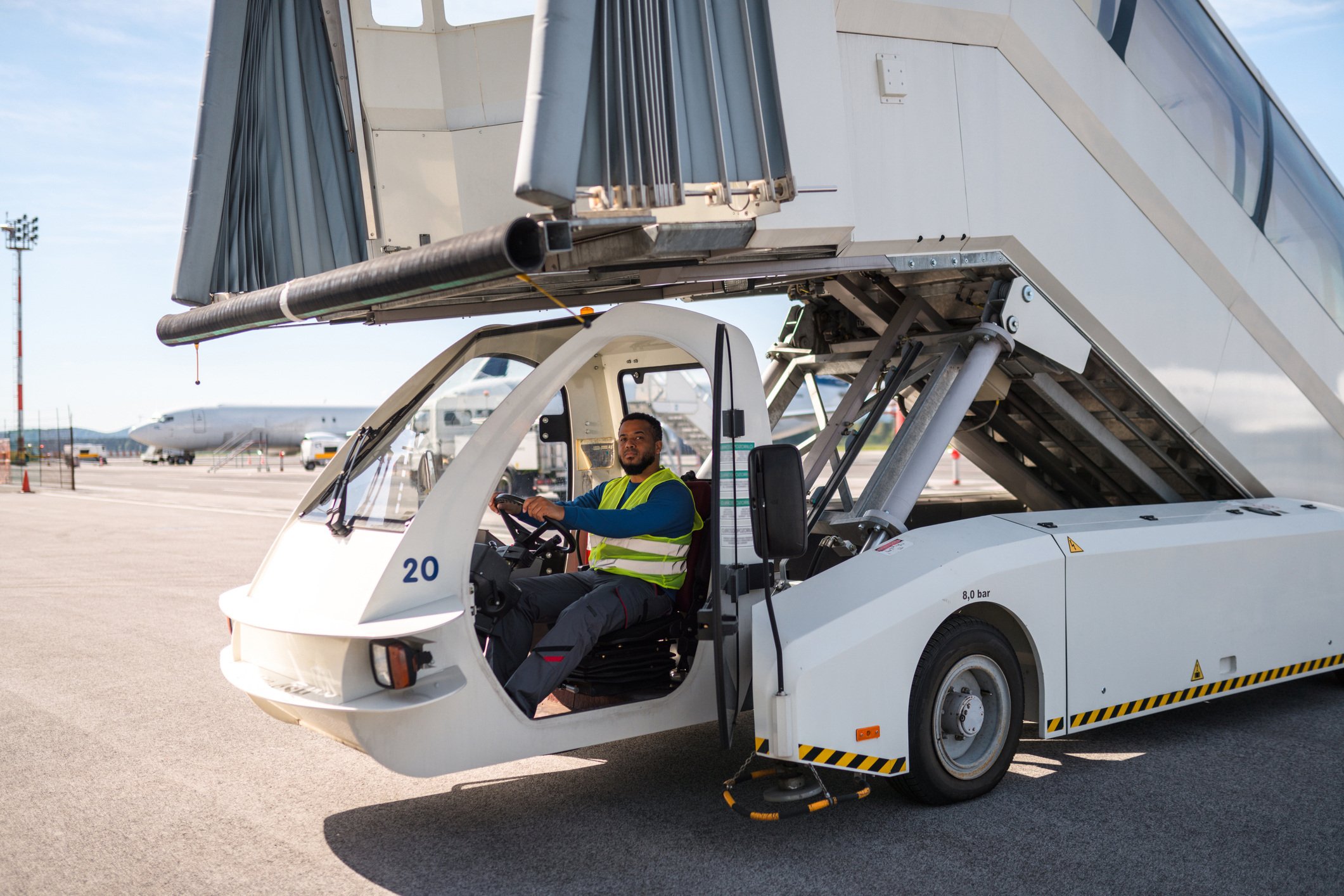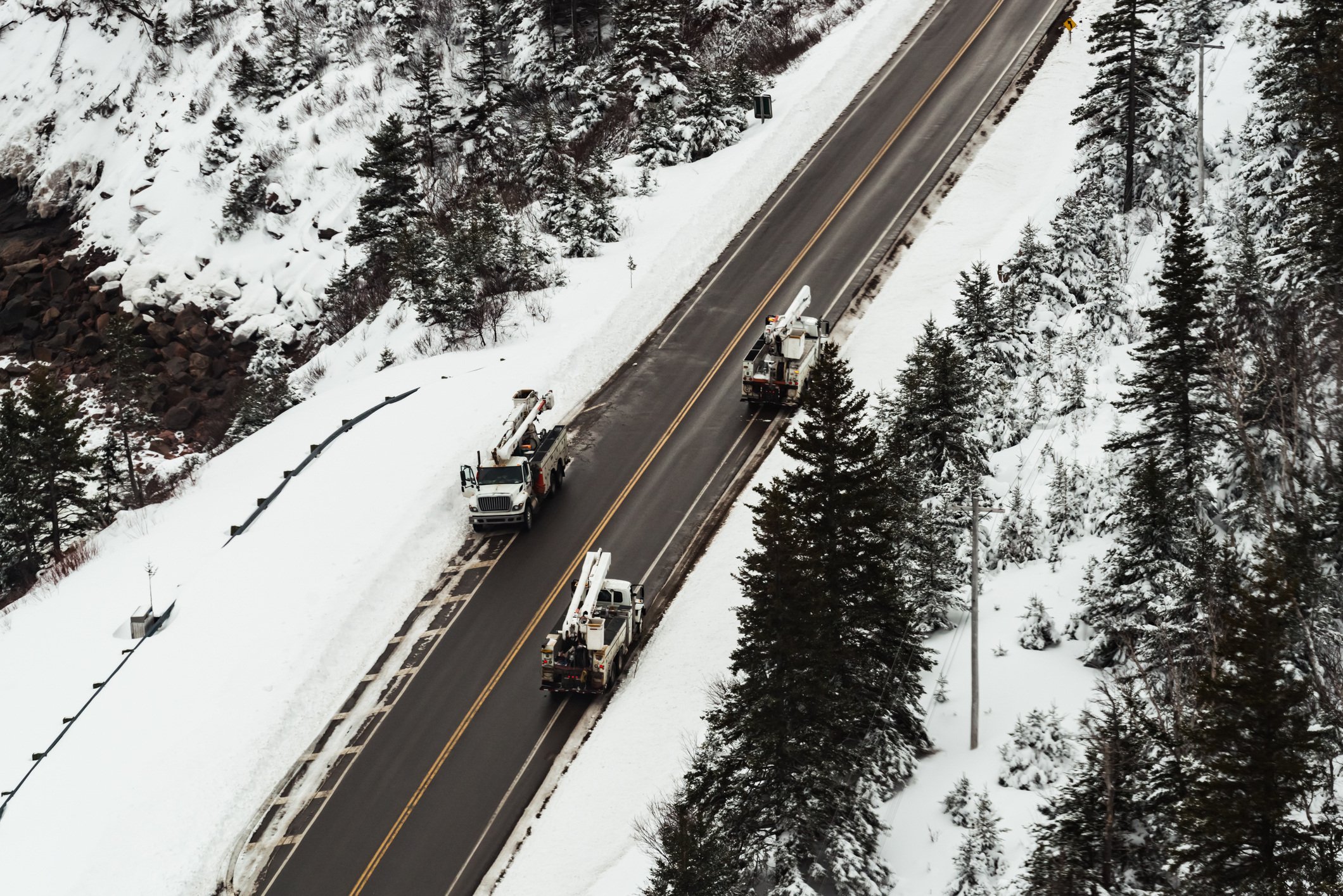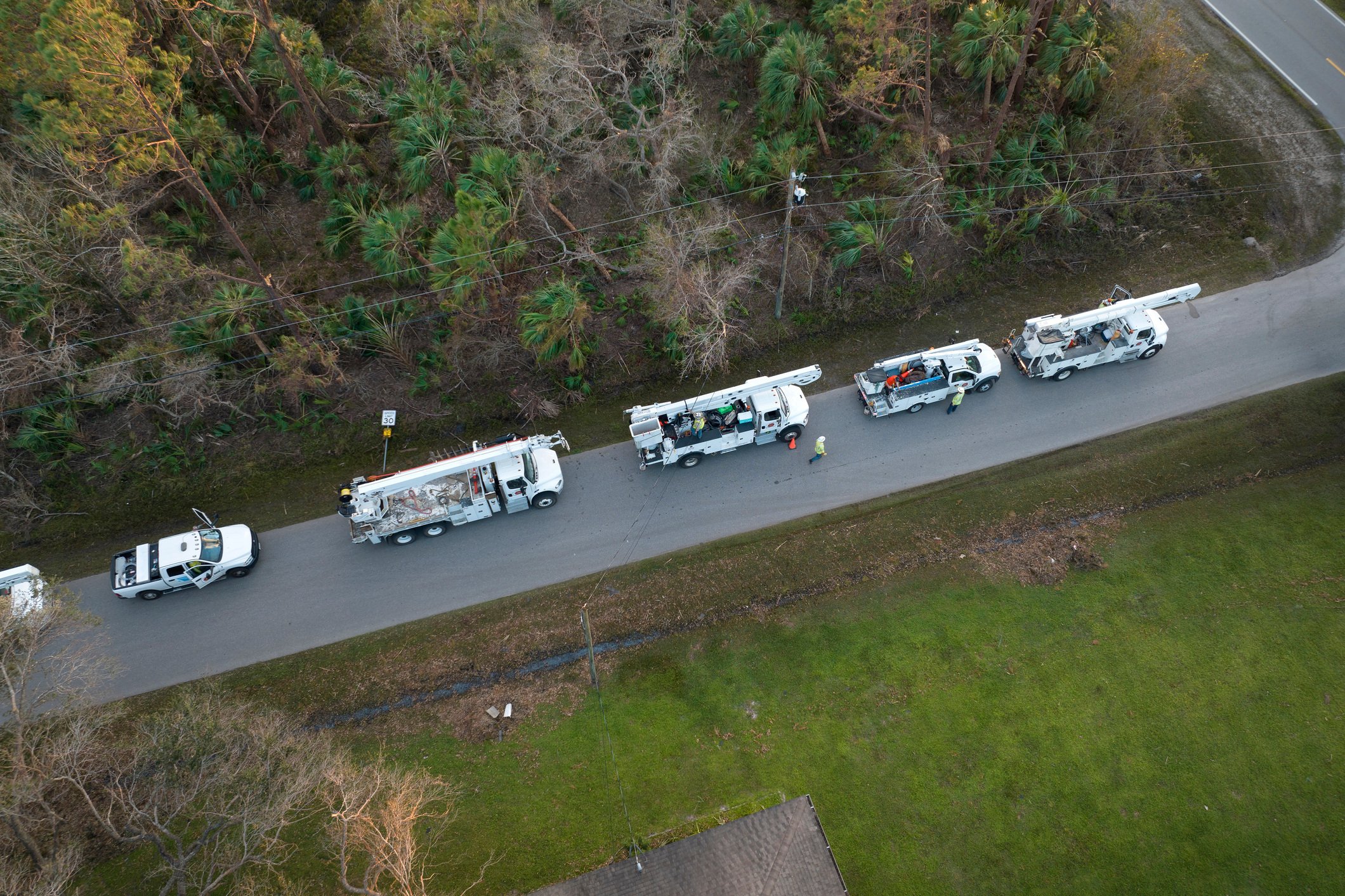
6 Strategies for Keeping Your Drivers Safe During the Holiday Season
Every holiday season — November to mid-January — there’s one thing that’s a sure bet: more trucks, more cars, more gridlocked roads and highways.
According to AAA, the 2023 holiday season saw nearly...






